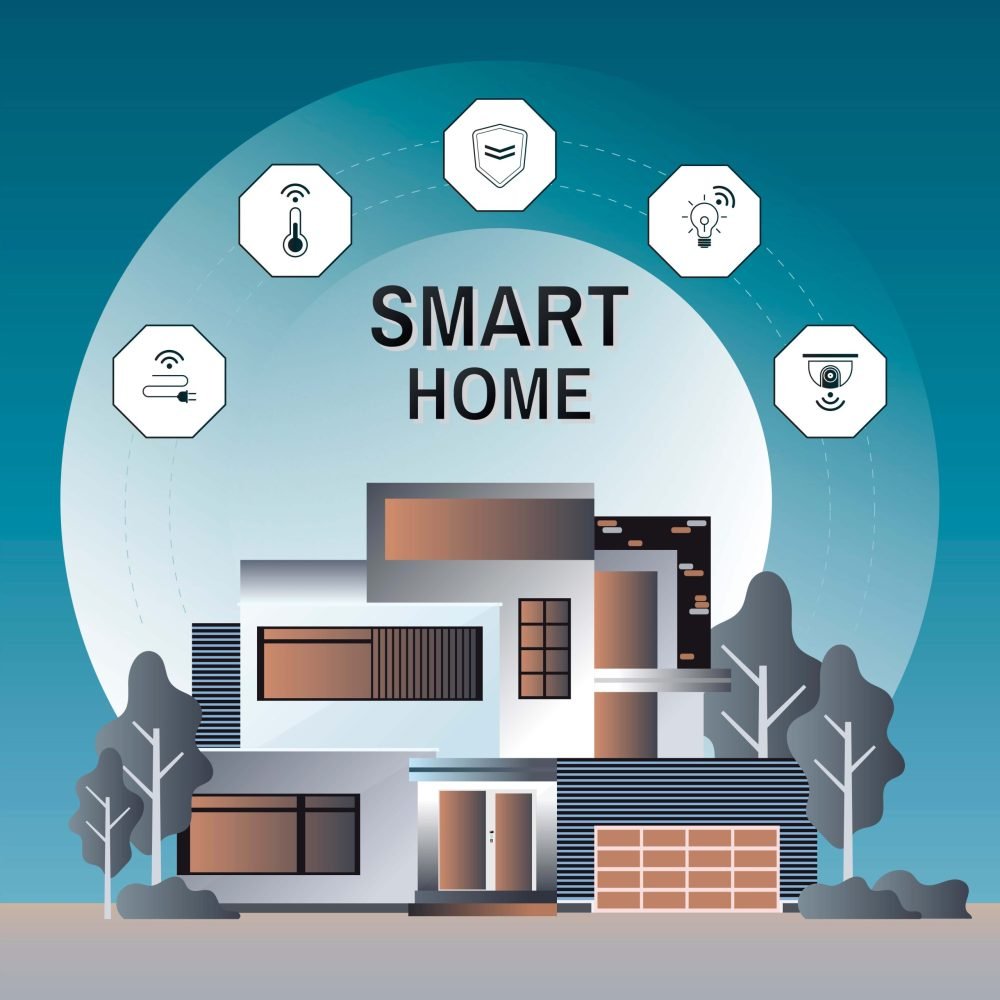The Future of Smart Homes: How Technology is Shaping Real Estate


In the ever-evolving landscape of real estate, technological advancements have played a pivotal role in transforming the way we live, work, and interact with our homes. Smart homes, once a futuristic concept, have become an integral part of the real estate industry, offering homeowners a level of convenience, security, and sustainability that was previously unimaginable. This article delves into the future of smart homes and explores how technology is reshaping the Big Valley real estate market.
The concept of smart homes has evolved from science fiction to reality. Today, technology has infiltrated every aspect of our lives, and our homes are no exception. Smart homes are residences equipped with advanced technologies that enable homeowners to control and automate various aspects of their living space, from lighting and temperature to security and entertainment systems. In this article, we will explore the profound impact of smart home technology on the real estate industry and its promising future.
Smart homes have witnessed a remarkable rise in popularity in recent years. This surge can be attributed to several factors, including the increasing affordability of smart devices, the growing awareness of environmental sustainability, and the desire for greater convenience in our daily lives.
The Internet of Things, or IoT, is at the core of smart home technology. It involves the interconnection of everyday objects to the internet, allowing them to send and receive data. In the context of smart homes, IoT enables devices such as thermostats, cameras, and even kitchen appliances to communicate and be controlled remotely through smartphones or voice commands.
Artificial intelligence plays a crucial role in making smart homes truly smart. AI algorithms analyze data from various sensors and devices to understand homeowners’ preferences and habits. This allows for personalized automation, such as adjusting lighting and climate control based on individual preferences.
Voice assistants like Amazon’s Alexa and Google Assistant have become indispensable in smart homes. They provide a natural and convenient way to interact with smart devices, allowing users to control their home environment with voice commands.
The adoption of smart home technology offers a plethora of benefits for homeowners. These include:
While the future of smart homes is promising, there are also challenges and concerns that need to be addressed. These include data privacy and security issues, compatibility between different smart devices, and the potential for technological obsolescence.
Smart homes are reshaping the real estate market in several ways. They are becoming increasingly attractive to homebuyers, influencing property values, and even changing the way homes are marketed. Real estate agents are adapting to this trend by incorporating smart home features into their listings, recognizing the appeal of these technologically advanced homes.
The integration of smart home technology aligns with the global push for sustainability. IoT devices optimize energy consumption by monitoring and controlling appliances and lighting. This not only reduces utility bills but also contributes to an eco-friendlier lifestyle.
The future of smart homes is bright, with continuous innovations on the horizon. We can expect more seamless integration of devices, enhanced AI capabilities, and improved energy management systems. As technology advances, smart homes will become even more accessible to a broader range of homeowners, further reshaping the real estate landscape.
The future of smart homes is intrinsically linked to the evolution of technology. As we continue to innovate and integrate smart devices into our daily lives, the real estate market will adapt accordingly. Smart homes offer unparalleled convenience, energy efficiency, and security, making them an attractive option for homeowners and a transformative force in the real estate industry. Embracing this technological revolution is not just a trend but a step toward a more connected and sustainable future in real estate.